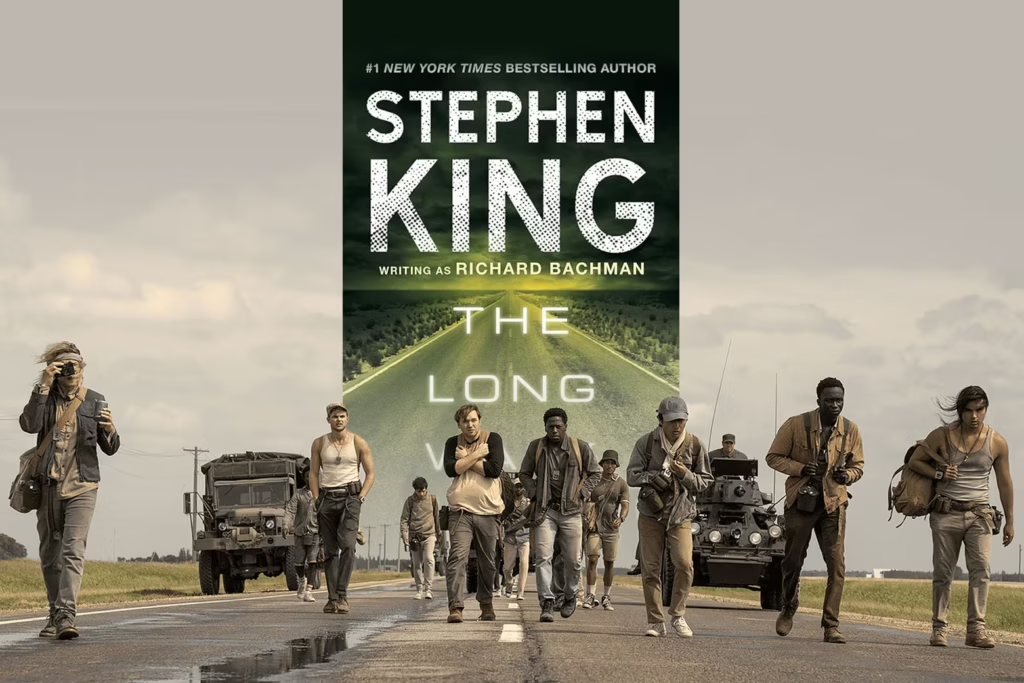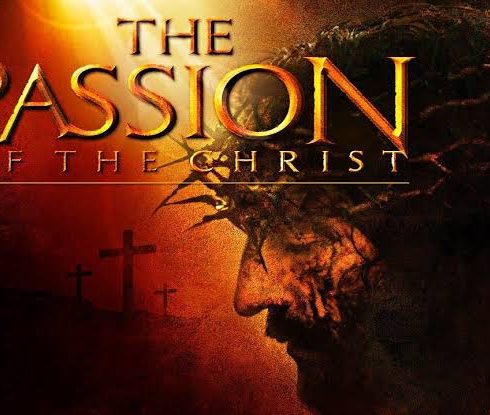Movie Review: The Long Walk
Director Francis Lawrence is no stranger to helming dystopian films that drop teens into lethal competitions broadcast for a live audience, having multiple Hunger Games features under his belt. It makes him well-suited to capturing the bleak pessimism and bruising brutality of the source material, Stephen King’s The Long Walk, published under the pen name Richard Bachman in 1979 and adapted for screen by writer JT Mollner.
Despite an unwavering eye on the dour and ruthless death march and all its grotesqueries, it’s the pervading camaraderie and heart, as well as a tremendous cast, that solidifies this as one of the best King adaptations yet.
The Long Walk refers to the annual competition that sees fifty young men, each selected by lottery to represent their state, walk until they drop. The last one standing receives a wish granted and a life-changing amount of money, the very thing that incentivises the youth to voluntarily enter the lotto in the first place, amidst an economically challenged and oppressively controlled post-war regime. That the contest comes with high stakes speaks volumes; contestants who fail to maintain a strict pace (4mph or 6.4Km/h… try that on your treadmill and see how intense that pace is) or break any of the competition’s rules are ruthlessly shot by its military enforcers, presided over by the Long Walk’s creator, “The Major” (Mark Hamill).

Muted colours and drab scenery only enhance the dystopian feel as the walkers set out on nondescript stretches of pavement across rural America, flanked by tanks. Lawrence’s stripped-down approach is less interested in where the walkers are going or the competition’s audience, but rather the boys’ emotional, mental, and physical state as they’re forced further along their gruelling march for survival, rethinking their choices and humanity in the process. It’s a film that rests squarely on the shoulders of its characters to convey the depth of horror and the emerging triumph of the human spirit. Lawrence keeps his camera’s gaze focused mostly on close-ups of its core players, whether capturing their intimate conversations, deteriorating bodies, or the unflinching grimness of their demise. And the deaths are as shocking as they are brutal.
It’s a dialogue-heavy, character-driven movie, one that threatens violence at every turn and anchored by a talented cast that all but guarantees no eyes will remain dry by film’s end. It’s the rich characterisations and affecting performances that prevent the simple concept and bland scenery from veering into tedious territory. At the forefront are two rising star performances by Cooper Hoffman (son of late actor Philip Seymour Hoffman) and Alien: Romulus breakout David Jonsson, as instant friends and lead protagonists Ray Garraty and Peter McVries. The pair becomes the beating heart of this grim story, carrying each other through the hardest stretches and challenging each other’s philosophies as things continue to get worse. Yet it’s Jonsson’s unflappable cheer as a sage champion of hope, despite a lifetime of disappointment and pain, that threatens to steal the entire film and your heart in the process.
Rounding out the prominent walkers are pessimistic Collie (Joshua Odjick), the caring Arthur (Tut Nyuot), wisecracking motormouth Hank (Ben Wang), no-nonsense Stebbins (Garrett Wareing), and antagonistic outcast Barkovitch (Charlie Plummer), each complicating the contest through genuine bonds or potentially deadly conflicts. The longer the death march wears on and the more their numbers shrink, the more the young men learn the value of human life to a tragic degree. It’s not just the cast’s portrayal that ensures emotional impact; Mollner makes smart deviations from King’s novel that further emphasise the developing connections and the profound need for human connection if any of us are to survive this unforgiving world and its ugliest impulses.
The Long Walk hurts. Even the characters we barely see or interact with instil pangs of sorrow and heartbreak, each succumbing to horrific fates that snuff out youthful dreams far too early. But Lawrence and Mollner refuse to let the darkness completely snuff out hope, reflected largely through a powerful and deeply moving depiction of friendship. It’s that affecting defiance in the face of a cruel enemy that carries The Long Walk through its most desolate and painful stretches, and what ensures this timely adaptation lingers with you long after its gruelling marathon has reached its finish.
8/10 Can’t go wrong with some Stephen King.
Boluwatife Adesina is a media writer and the helmer of the Downtown Review page. He’s probably in a cinema near you.






